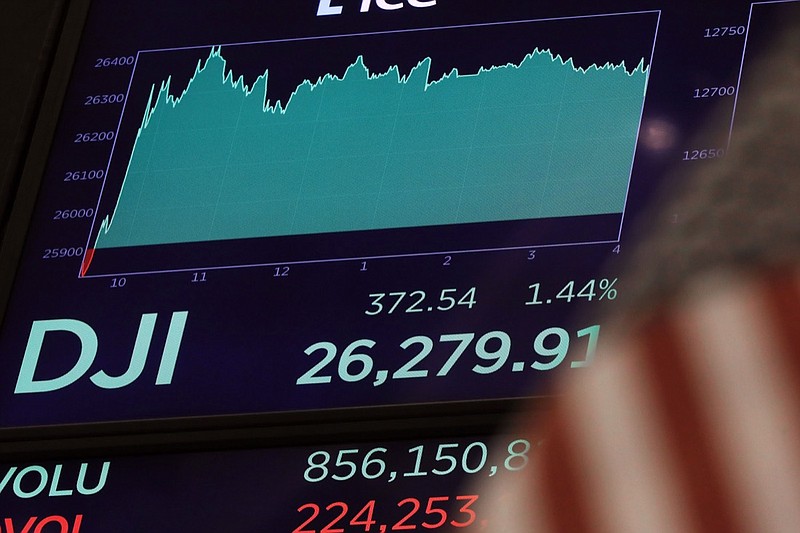Investors have experienced increased anxiety over the past two weeks as the market indices have encountered some turbulence. Concerns over the trade war, slowing global growth and a puzzling interest rate cut by the Fed have conspired to heighten fears of an impending recession and trigger a bit of a selloff in the market.
No one panics when stocks move higher, but periods of declining value call for a reminder of the proper perspective regarding naturally cyclical market behavior.
Over the longer run, stock prices tend to rise. Since 1984, the value of the S&P 500 index (excluding dividends) has risen 16-fold, including all the ups and downs over that 35-year period. But that incredible growth has not followed a straight line, but instead has been subject to fluctuations, most often unpredictable, that must be accepted and tolerated by anyone willing to invest in stocks.
On average, the S&P 500 index will decline by 10% or more approximately once every 18 months. This is disconcerting for an investor with a short horizon, but over a sufficiently long time frame these corrections are scarcely recalled. A more severe decline of 20% or more is colloquially referred to as a "bear market." These significant pullbacks occur much less frequently and often accompany cyclical downturns in the economy (recessions). The important point to remember is that in every case, stock values increased more in the next up cycle than they lost on the downswing.
Investors may be tempted to ask, "why not sell out before the next dip?" This is an excellent strategy for maximizing profits and minimizing losses, except for one minor flaw: no one is able to pull it off. One can find examples of someone whose timing was perfect in a specific instance, but virtually nobody can replicate that success over time. No less than renowned economist (and market speculator) John Maynard Keynes gave up on the idea of market timing through bitter experience.
"Most of those who attempt it sell too late and buy too late, and do both too often," he said.
Given that it is impossible to consistently move in and out of the market, what is the best course of action? If you cannot stand the volatility, stay out of stocks. For those whose primary objective is capital preservation at all times, more conservative options like CDs, money markets and Government bonds are more appropriate.
But for long-term investors seeking to grow their nest egg over time (retirement savers for example), the best option is a stiff upper lip. This advice may sound trite, but it is time-tested and is the most likely strategy to gain altitude given sufficient runway.
Assuming this approach is appropriate for you, there are a few things you can do to help maximize your potential rewards.
First, don't panic when the market declines. Remember that fluctuations are typical, but that successive bull markets usually gain much more than the losses incurred during corrections (or even bear markets). In 2007, the S&P 500 lost nearly half of its value. But those who stuck it out enjoyed a 215% subsequent gain, not including dividends.
Also, take the time once or twice a year to rebalance your holdings. Bull markets impel some sectors to outperform others, unbalancing your allocation. Rebalancing shifts excess gains from winners into undervalued sectors, enhancing potential gains and mitigating losses over time.
Third, change the TV channel. Financial cable show pundits are often an investor's worst enemy, reinforcing fear and promoting short-termism. Switch on ESPN 7 instead and enjoy a cornhole tournament.
And remember: time is your friend.
Christopher A. Hopkins, CFA, is a vice president and portfolio manager for Barnett & Co. in Chattanooga.

